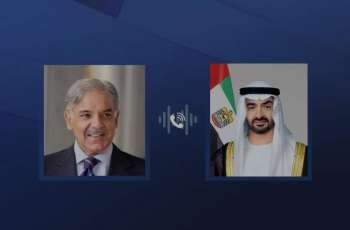GENEVA (Pakistan Point News / Sputnik - 09th December, 2020) United Nations High Commissioner for Human Rights Michelle Bachelet urged Paris on Wednesday to review, and if necessary, withdraw Article 24 of the controversial global security bill, which seeks to ban the distribution of videos and photos identifying law enforcement officers.
The controversial legislation was passed by the French parliament's lower house last month, immediately sparking a broad public outcry, especially among journalists. The bill entails one-year imprisonment and a fine of 45,000 Euros ($54,000) in punishment for the distribution of images of police officers and gendarmes that can potentially lead to their physical and psychological harm.
"The law has to be discussed by the French people. But it's the Article 24, the one we are really concerned about and that is why we are mentioning that should be reviewed and should be, I guess, withdrawn," Bachelet said during a press conference in Geneva.
She noted that concerns about human rights, freedom of speech, and freedom of assembly had already been expressed with regard to France, namely its Article 24 of the new global security law, stigmatization of the Muslim population, as well as systemic racism.
"I urge France, as I urge many other countries, to seriously examine its law enforcement practices, as well as systemic discriminatory practices and bias against certain racial groups. And of course, we urge French authorities to avoid taking actions that result in the stigmatization of entire groups and urge them also to take active steps to ensure groups are not stigmatized or have their human rights violated because of certain individuals," Bachelet added.
Critics of the global security law have said say it may hamper the functions of mass media to cover protests and inform the French population, while also violating freedom of expression. The supporters, on the other hand, claim its main purpose is to provide more protection to security forces, which have been subjected to a series of violent acts over the past months, including the attack on a police unit in a Paris suburb of Champigny-Sur-Marne in mid-October, which prompted protests by police officers demanding better protection from the state.



